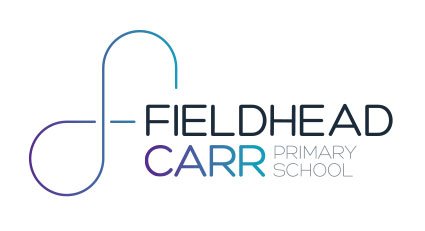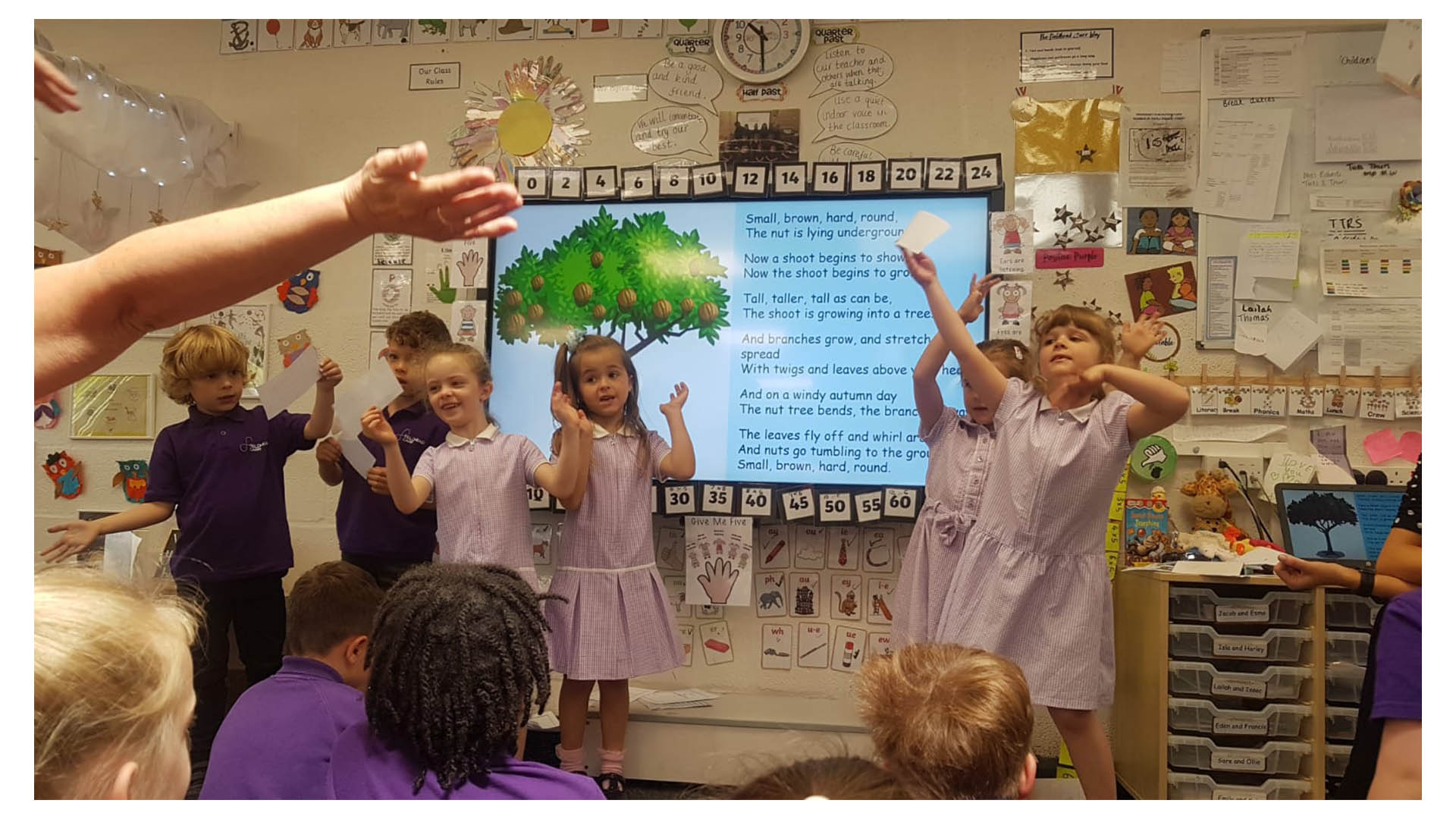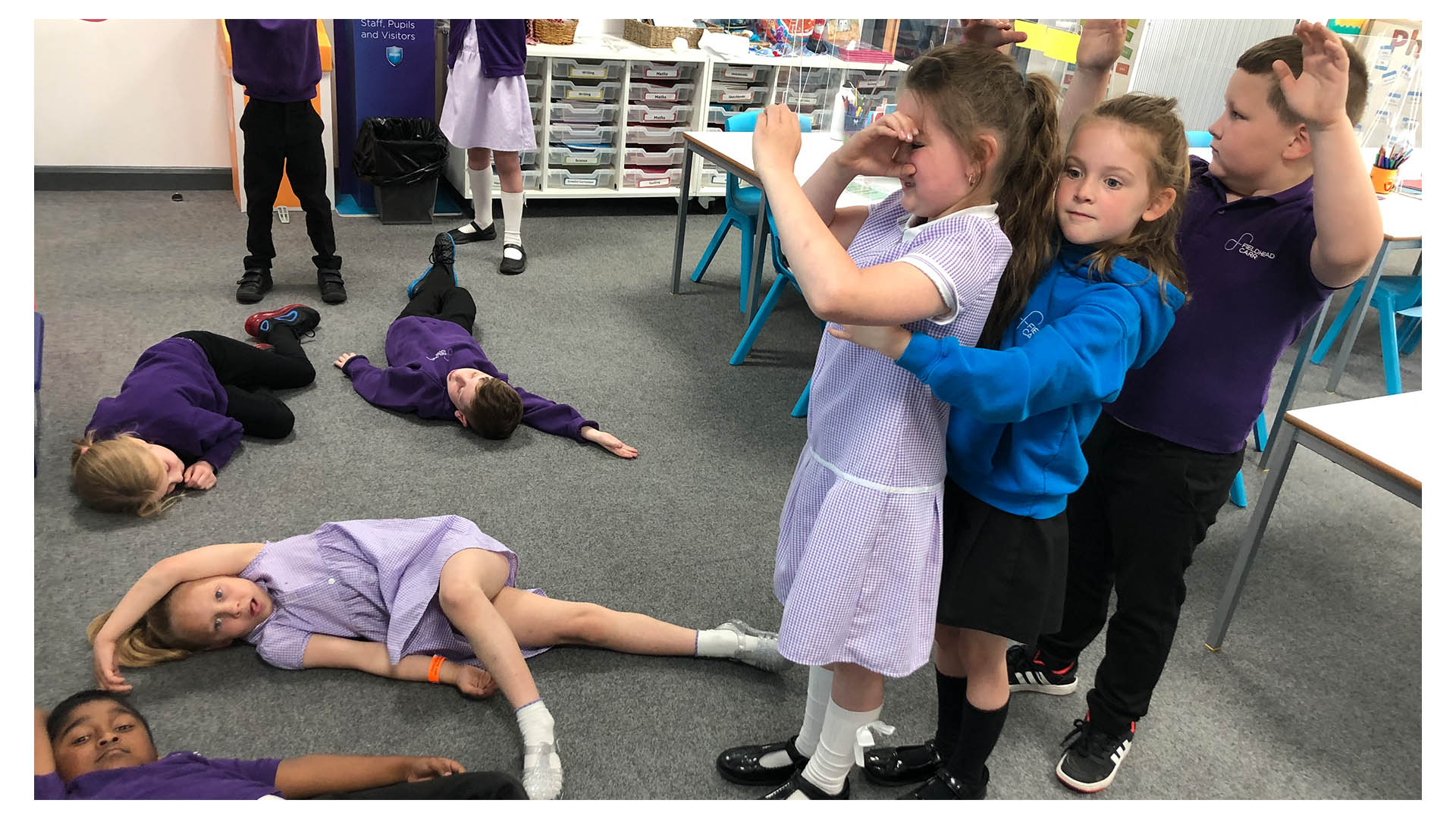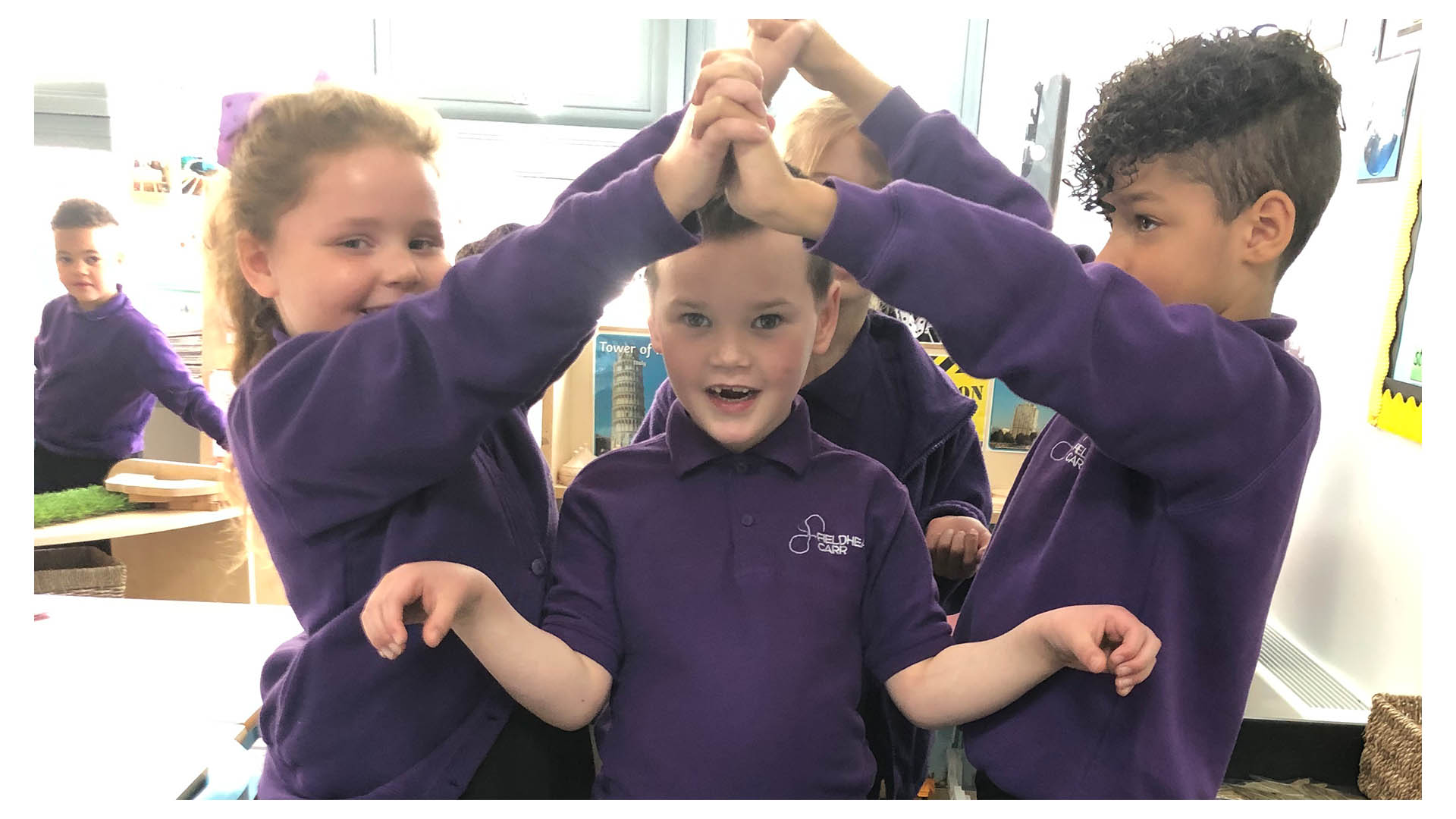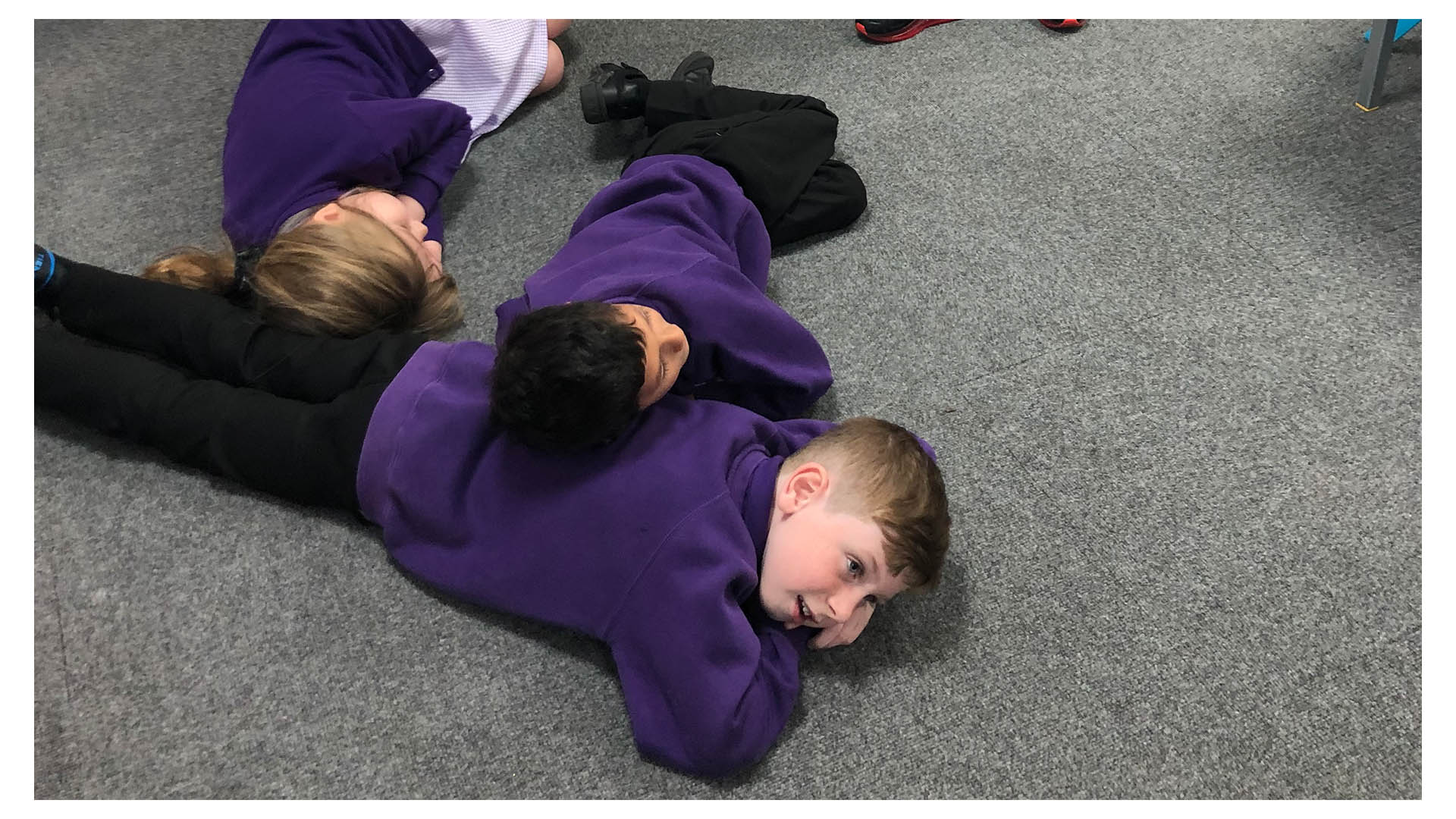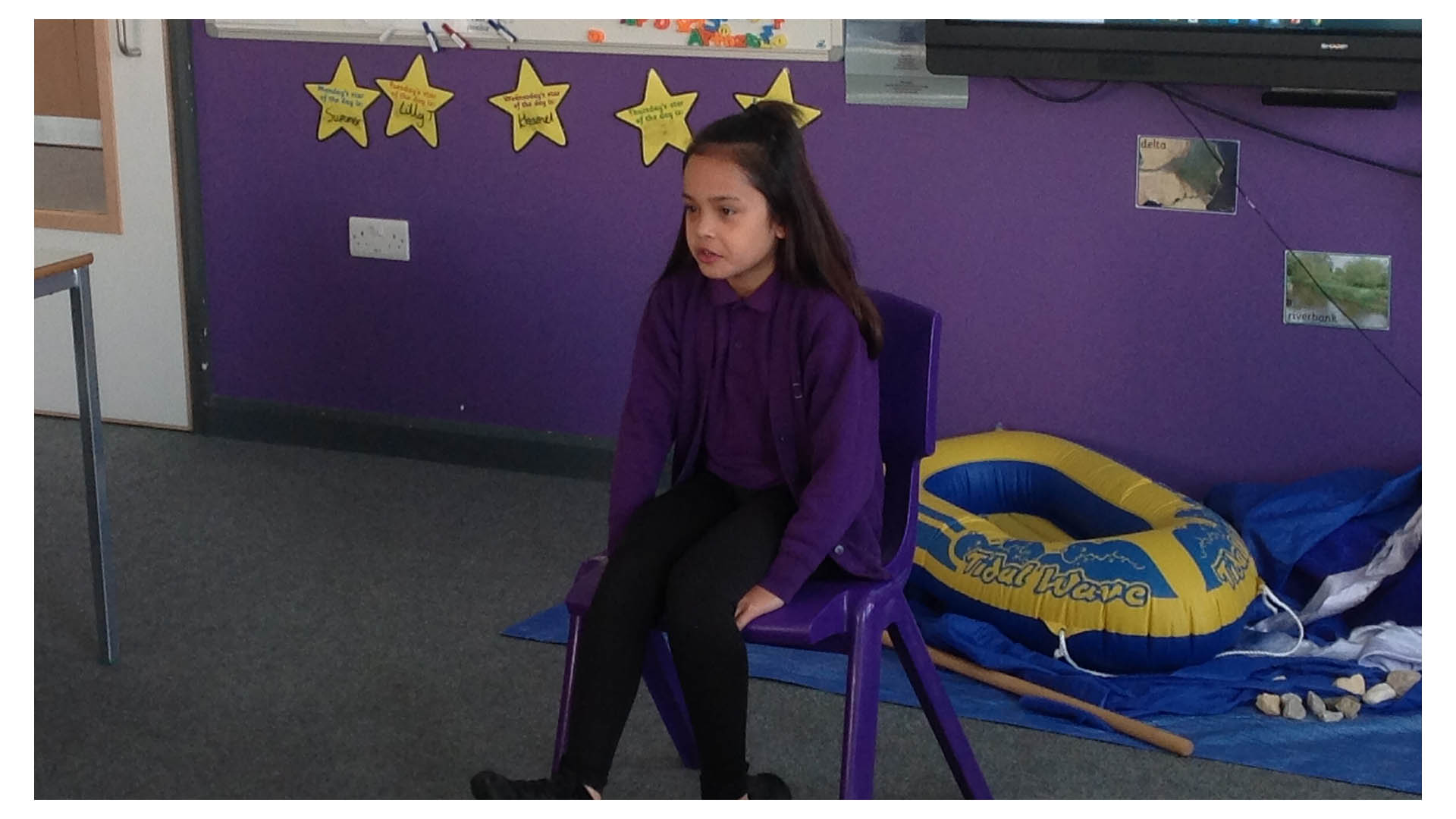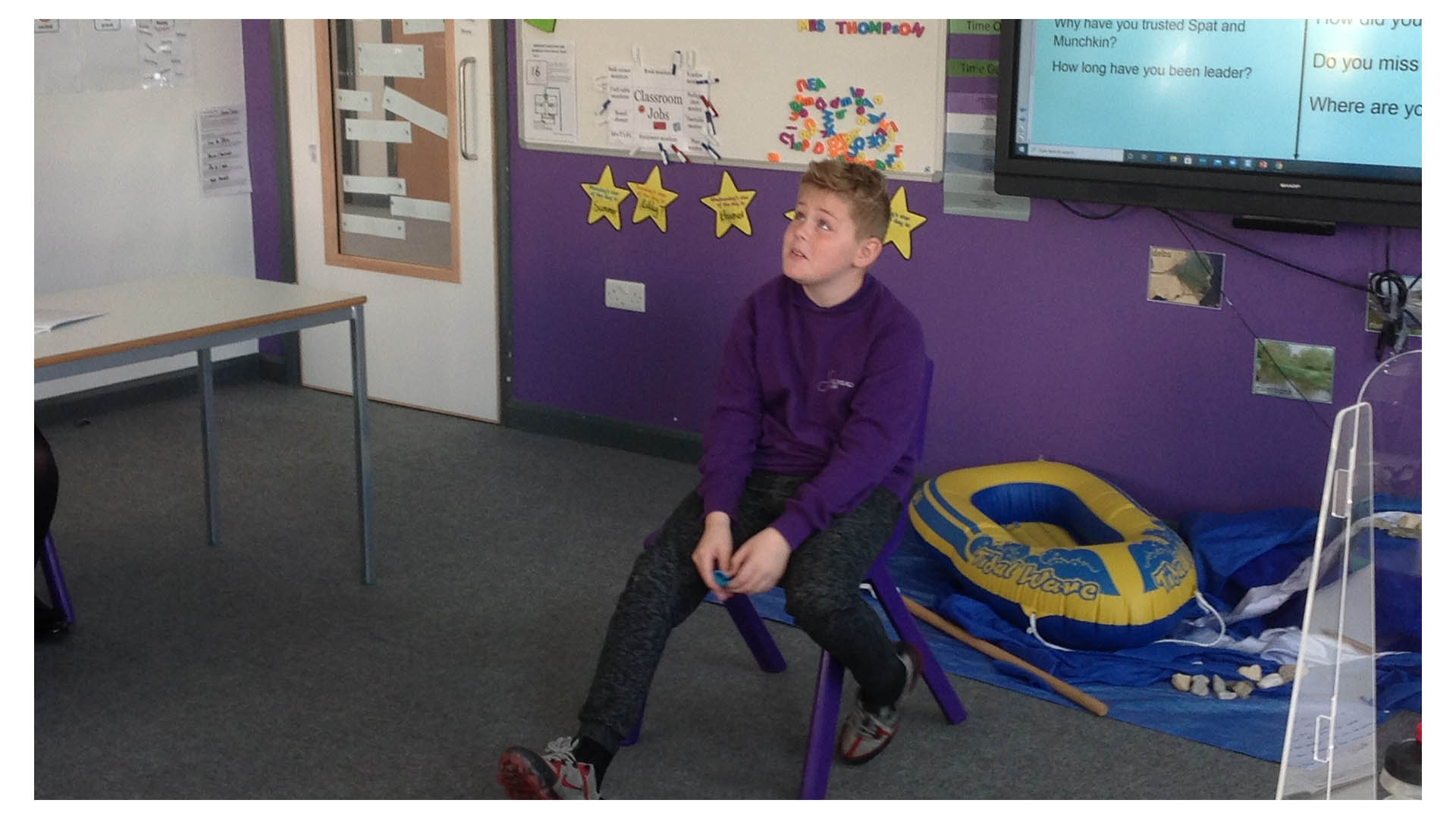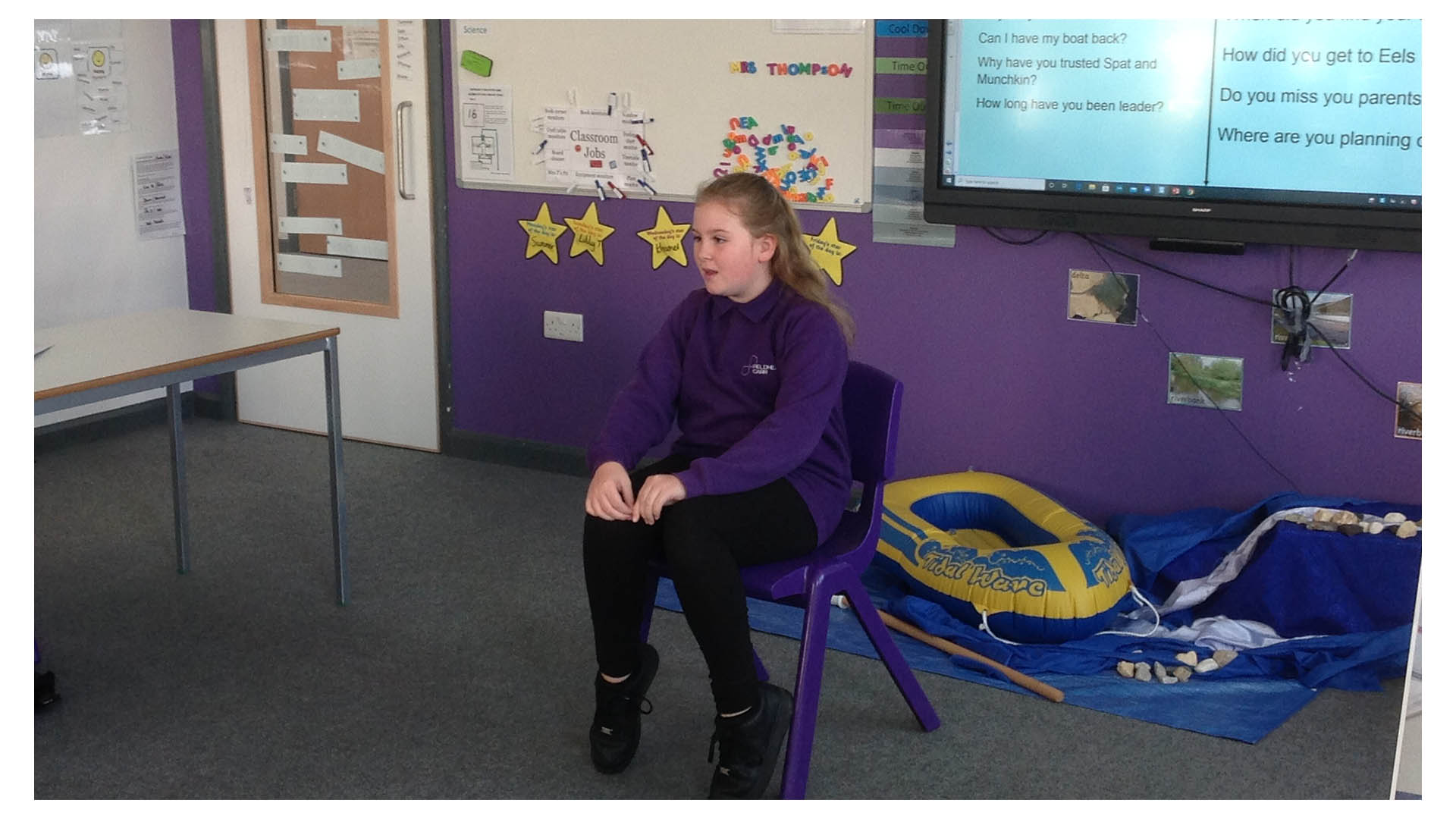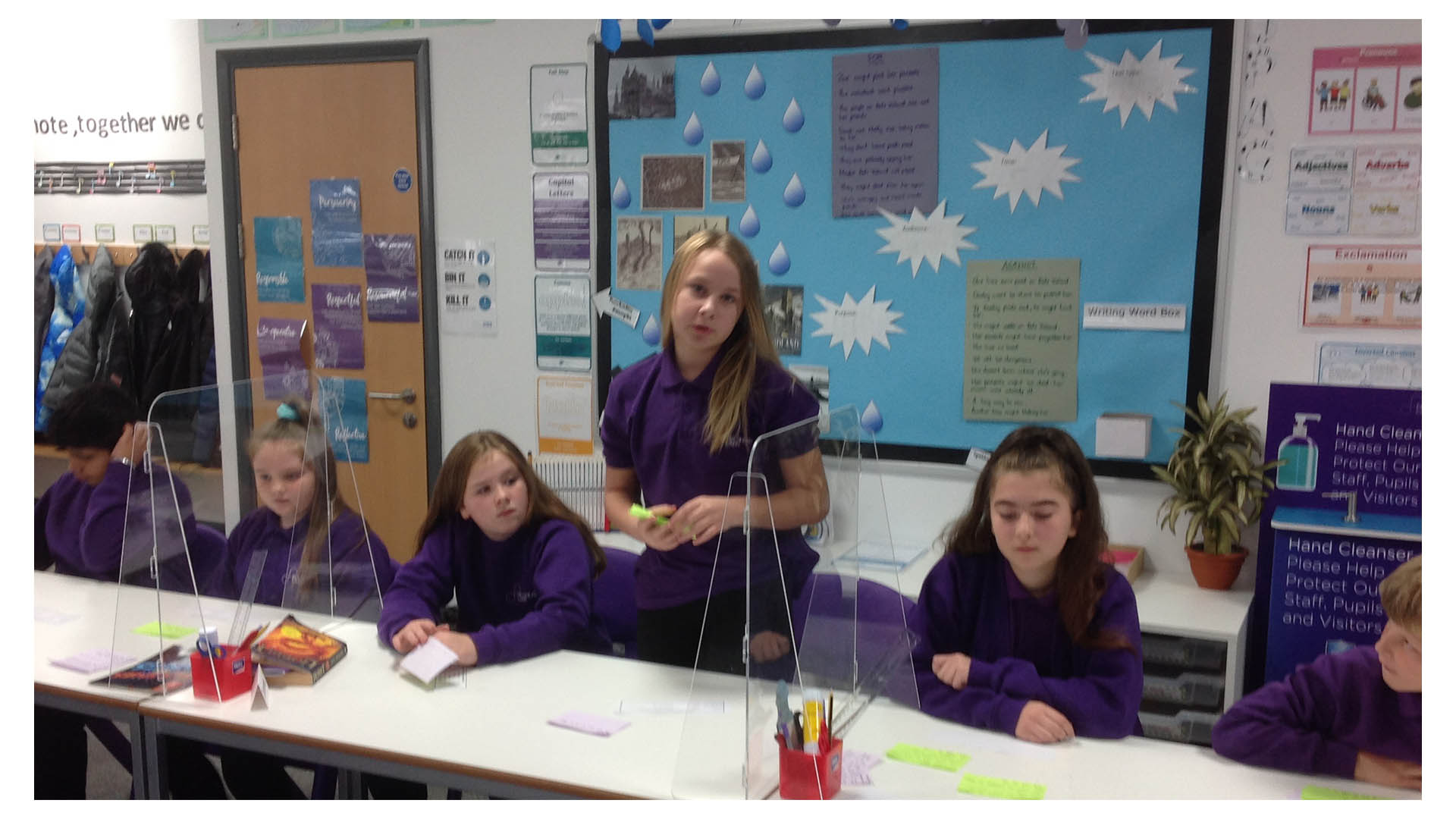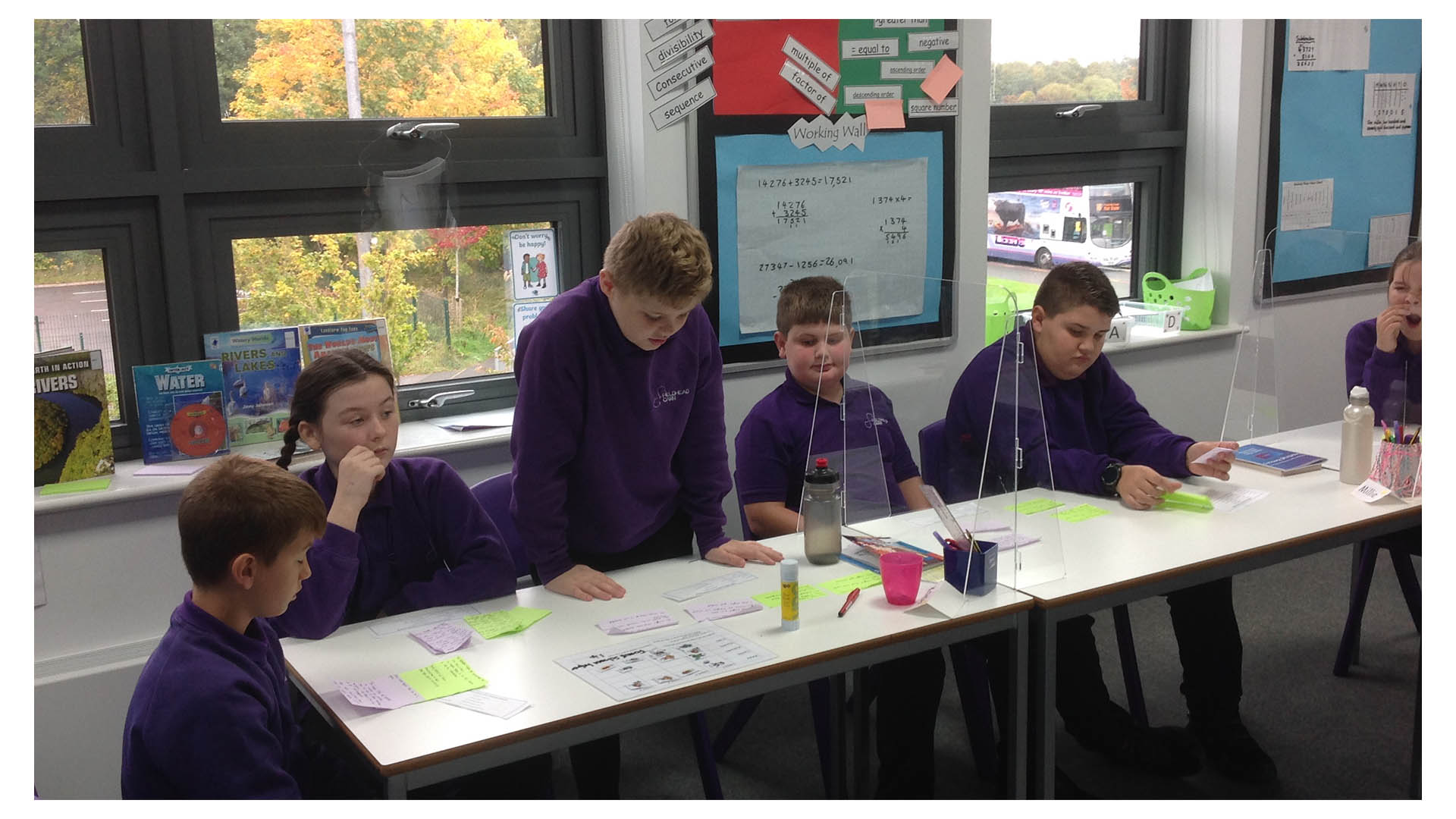Drama and public speaking
| Autumn | Spring | Summer |
|---|---|---|
| Year 1: Topic Assembly
15th November 9.30am |
FS2: Talk for Writing story performance
6th February 9.30am |
Year 3: Talk for Writing story performance
15th May 9.30am |
| Year 2: Topic Assembly
16th November 9.30am |
Year 3: Topic Assembly
7th February 9.30am |
Year 1: Talk for Writing story performance
21st May 9.30am |
| Nursery: Christmas ‘Sing, stay and play’
13th December 9am-10am |
Year 6: Topic Assembly
8th February 9.30am |
FS2: Topic assembly
22nd May 9.30am |
| Year 5: Class Topic Assembly
Beech 13th December 9.30am |
Year 4: Young Voices
9th February |
Year 4: Pebble Drum performance
11th June 9.30am |
| Horse Chestnut 13th December 2pm |
Year 2: Talk for Writing story performance
20th March 9.30am |
Year 2: Class Topic Assembly
3rd July 9.30am |
| FS2: Nativity
19th December 9.30am and 1.30pm |
Year 1: Easter play
26th March 9.30am |
FS1: graduation
10th July 9.15am |
| Year 3 and 4: Christmas Panto
21st December 9.30am and 2pm |
Year 5: Dance performance
27th March at 9.30am |
Year 6: end of year production
11th July 9.30am and 2pm – tbc nearer the time |
| Year 6: Community outreach – carols for the elderly Date tbc |
Nursery: Easter ‘Sing, stay and play’
27th March 9.15am |
Year 6: Leaver’s Assembly
18th July 2pm |
| Year 5/6: Public speaking competition
Date tbc |
“Theatre is a form of knowledge; it should and can also be a means of transforming society. Theatre can help us build our future, rather than just waiting for it.”
Augusto Boal
Drama is a statutory part of English in the National Curriculum for England. The Spoken Language section reads as follows:
All pupils should be enabled to participate in and gain knowledge, skills and understanding associated with the artistic practice of drama. Pupils should be able to adopt, create and sustain a range of roles, responding appropriately to others in role. They should have opportunities to improvise, devise and script drama for one another and a range of audiences, as well as to rehearse, refine, share and respond thoughtfully to drama and theatre performances.
Drama and Public speaking at FHC
At Fieldhead Carr Primary School we believe that drama and public speaking are an integral part of our curriculum, allowing children to develop their self-confidence, creativity and personal expression. As with all arts, drama and performance involves imagination and feeling, and helps children make sense of the world. It does this through the creation of imagined characters and situations, and the relationships and events that they encounter. Through engagement in drama, public speaking and performance, pupils apply their imaginations and draw upon their own personal experiences, developing confidence in their use of voice, body, articulation, expression and physical self.
Their increasing knowledge and understanding of how the elements of drama work enables them to effectively shape, express and share their ideas, feelings and responses, making use of language, space, symbol, allegory and metaphor. In addition, the exploration of the world through drama encourages children to challenge and to question but also has the potential to bring about social change.
Year 1 performing the poem ‘The Nut Tree’ by Julia Donaldson
The benefits of our new Drama and Public Speaking Curriculum
Performance and public speaking require a level of self-confidence that historically our children have not commonly displayed. Their opportunities to engage in this type of play and to see these skills is, for the majority of our children, not part of their common experience. Children’s experience watching performance is often limited to TV and Cinema. The link between an actor inhabiting a character and the skills needed to do this are alien to them as they only see the performance in 2D and for all intents and purposes it is ‘real’ people being themselves. Previously there has been a Christmas show for a few year groups and an end of term play and leavers assembly for year six. Children have derived huge amounts of enjoyment from the process but have had to make steep learning curves in skills and confidence. Our children love to sing and this is an integral part of our curriculum and so the quality of the singing has always been markedly different to that of the acting and performance.
This general lack of confidence has also been historically demonstrated by children when working in class, sharing ideas etc, but through the introduction of Crew in 20-21, children throughout school have showed a marked improvement in their confidence and basic public speaking skills. We feel that drama is a natural next step to help children cement a skilful grasp of speaking out loud. We will engage with the local Public speaking competitions for the upper Key stage 2 children to give them chance to test their skills and also to see the work of their peers in other settings. Alongside PSHE and Crew we feel this work will arm children with the skills to confidently articulate their place in the world. Learning about body language, voice control, annunciation, articulation and tone. All of these skills will allow them to use their person masterfully in communicating their ideas to the world.
